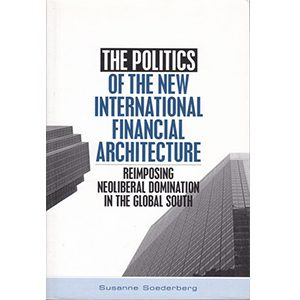Moral Politics in the Philippines: Inequality, Democracy and the Urban Poor
Moral Politics in the Philippines offers an in-depth examination of the political participation and discourse of the urban poor in Manila. After the ousting of Ferdinando Marcos in 1986, society in the Philippines fractured along socioeconomic lines. The educated middle class began to recognise themselves as moral citizens and political participants while condemning the poor as immoral “masses” who earn money illegally and support corrupt leaders. Conversely, the poor believe themselves to be morally upright and criticise the rich as arrogant oppressors. Wataru Kusaka looks at the dangers of this moralisation of politics during the last several decades, and he analyses the damaging effects it has had on democracy by excluding much of society and marginalising the interests of those most in need of resources.
RM155.00
Out of stock
Description
Moral Politics in the Philippines offers an in-depth examination of the political participation and discourse of the urban poor in Manila. After the ousting of Ferdinando Marcos in 1986, society in the Philippines fractured along socioeconomic lines. The educated middle class began to recognise themselves as moral citizens and political participants while condemning the poor as immoral “masses” who earn money illegally and support corrupt leaders. Conversely, the poor believe themselves to be morally upright and criticise the rich as arrogant oppressors. Wataru Kusaka looks at the dangers of this moralisation of politics during the last several decades, and he analyses the damaging effects it has had on democracy by excluding much of society and marginalising the interests of those most in need of resources.
Published by: NUS Press
Hardback
2017
ISBN: 9789814722384






